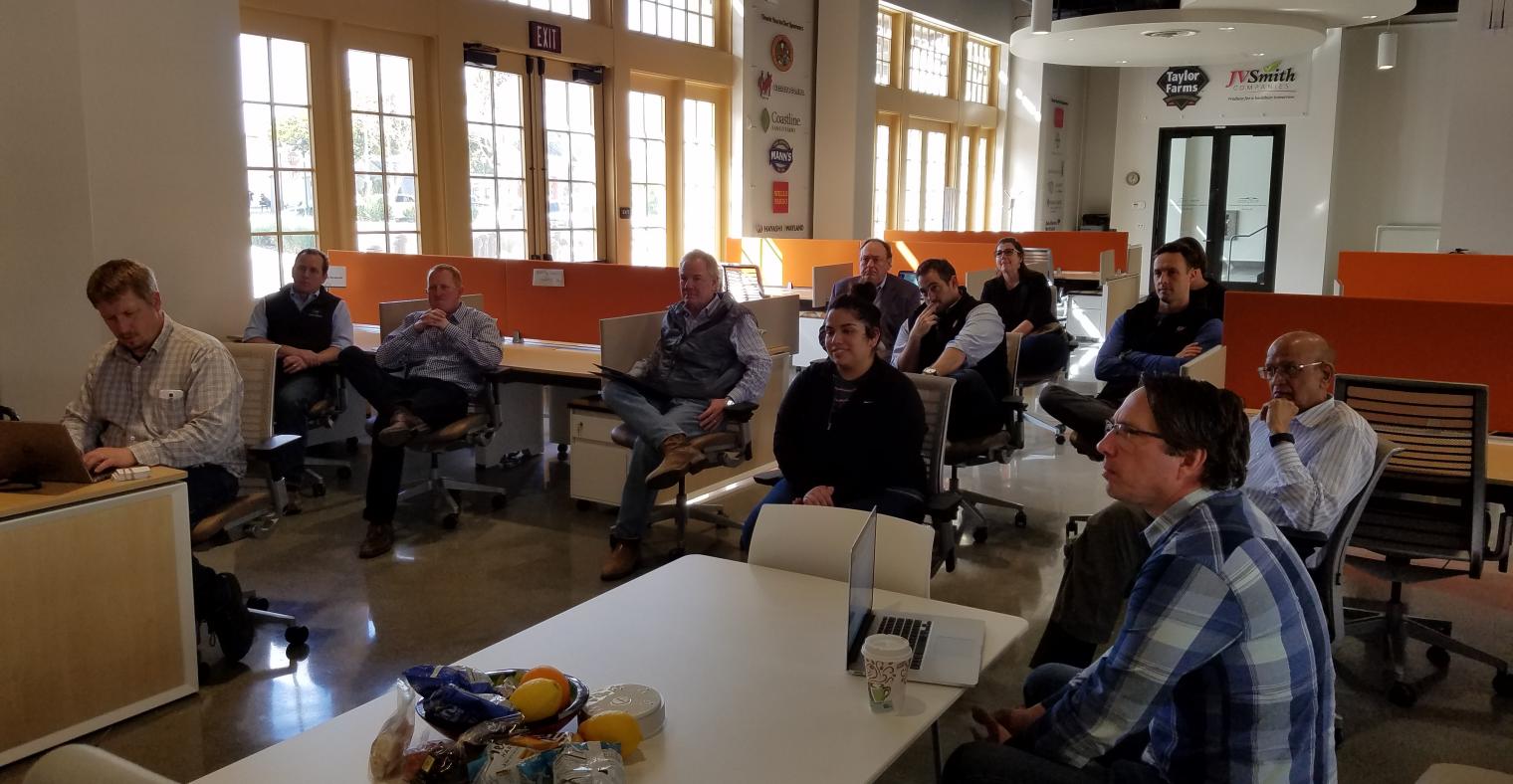What our Innovators are Reading Right Now
Posted on July 26, 2017 16:03 PM by WGCIT
More than Robotics is Needed to Solve Farm Labor Shortage
AgFunder News, Emma Cosgrove
Food Origins is a smart farming platform looking to create a scorecard for pickers that is integrating with their payment requests. Workers get an individual barcode so that an automatic request for payment is submitted with every crate of berries they pick, for example. Then Food Origins tracks where and when that scan took place and keeps stats on the workers. Founder Nathan Dorn equates most current farm labor management practices to “a baseball team without a stat book. Now, with everybody having a baseball card, you will know who the stars are.”
Dorn hopes that the stats will give farmers a more solid foundation for wage negotiations and says that the data around picking speed and volume could also give the producer a better baseline when reviewing automation options.
“I think we can force the robotics companies to do better for us. Automation is an answer, but it must be relative to what your current costs are,” Dorn said.
AG Giant looking to future: Worker shortage may mean more automation
KYMA, Joe Teposte
SALINAS, Calif. - With the growing concern over the depleting workforce especially when it comes to harvesting on company is looking towards technology to fill the void. Tanimura & Antle one of the largest agriculture companies with plants in Salinas, California as well as Yuma, Arizona their goals are becoming more than just a concept.
Changing the Farmer's Role in AgTech Commercialization
AgWeb, Pete Nelson
There are some good examples emerging, such as the Western Growers Association, which has partnered with Taylor Farms to build an incubator and coworker space, participated in accelerators, and worked with venture-capital firms to support startups in addressing real world problems in the vegetable and specialty crop production arena. …Probably most exciting are the farmers and farm organizations that are being set up to partner with startup accelerators and incubators accelerators to take a key role in developing technology. These “farmer networks” have many models, but include groups such as Fall Line Capital, indigo Ag Partners, Oxbow Agriculture, Lawrence Group, Ritter Agribusiness, and Mid-South Family Farms to name a few. These organizations are set up to partner with an early-stage idea or innovation, keep the cost of field trials low by trading for equity and/or future rights to invest, and the farmers receive other benefits from spending time and energy working with a technology early. The start-up receives a willing and able partner, visibility, data collection and third-party validation that can be used to raise investment money, attract additional partners, and first customers.
There are many examples of how this is already working. One example is start-up called AgVoice, which has a voice recognition technology for agriculture that simplifies crop scouting and other recordkeeping efforts. This technology was validated in the fields in Mississippi, Tennessee and Arkansas in 2016 working with Ritter Agribusiness and Mid-South Family Farms. The validation included a lot of really basic concepts. For example, will the technology work in the cab of a tractor or combine when it gets noisy, will the ear piece stay on your ear when you’re in the middle of scouting a hot cotton field, and will the lexicon be robust enough to record all the farm practices necessary and will the records be accurate? The results of this real-world field trial was excellent with the feedback incorporated by AgVoice. A report was generated that has been used to raise further investment attract additional customers this is just one example of many in which new technologies are being feel validated.
SVG Partners, thriveagtech.com
As YCombinator co-founder Jessica Livingston has said, “it is really difficult for anyone to predict which startup will wind up becoming a billion-dollar company.” However, while there are certainly not foolproof methods for identifying the next unicorn, we have found that there are important factors that shape startup success, namely:
- Is the company's mission clear and sustainable?
- Are the founders relentlessly determined
- And, is the company building something an industry desperately needs or that people love?
For three of THRIVE's startups from previous cohorts, MagGrow, Nuritas, and Trace Genomics, the responses to these questions are very likely "yes".


